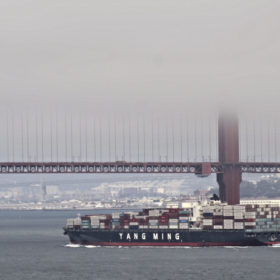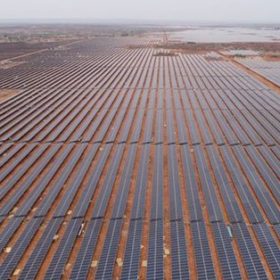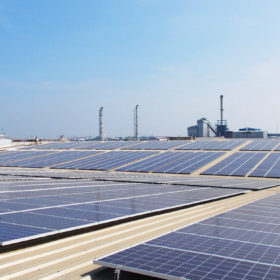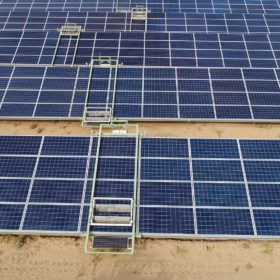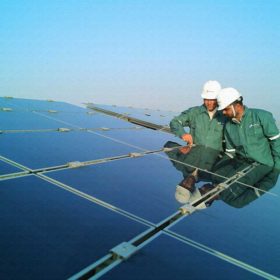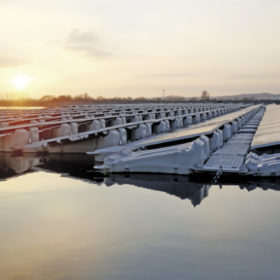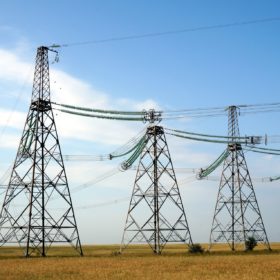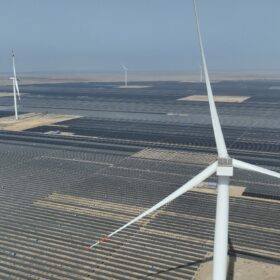The specter of PV protectionism: Shifting destinations
Trade tariffs are spreading across the global PV industry. The United States has been especially active with its sandwich of old antidumping and countervailing duties coupled with new Section 201, 232 and 301 duties. Some of these are part of the Sino-U.S. trade dispute; others impact not only Chinese producers, but manufacturers around the world. So, what will be the impact of this new era of PV protectionism on the solar sector?
All eyes on the Indian government
India’s total installed solar capacity touched 34.1 GW on June 30, 2019. The total was split between 27.9 GW of utility-scale PV, 4.6 GW of rooftop solar and 1.26 GW of off-grid solar. The nation’s total project pipeline – projects allocated to developers and those in various stages of development – stood at 19.69 GW as of June 30. Bridge to India’s Sai Nandamuri looks at the outlook for Indian solar in 2019 and 2020.
India Ratings downgrades solar outlook for FY2019-20
Revision in the outlook to ‘stable’—from ‘positive’—stems from resurfacing renegotiation fears and continued delay in payments from some of the offtakers.
Vikram Solar commissions 2.15 MW single-shed rooftop solar plant in West Bengal
The project—commissioned for food processing firm Keventer Agro—is spread across 250×70 m2 and uses 6240 numbers of Vikram’s high-efficiency 345Wp monocrystalline modules.
Tata Power commissions 150 MW solar capacity in Rajasthan
The plant—with Maharashtra State Electricity Distribution Co. Ltd as the offtaker—is the company’s first ISTS connected solar project.
Uttarakhand invites EoI for off-grid solar plus battery projects
The projects—in various capacities ranging between 1 KWp and 25 KWp—are to be set up across the state. Proposals can be submitted till October 4.
The long read: Floating PV – niche market or transformative disruptor?
Why on earth would you want to install PV on water? There seem to be plenty of safer sites for solar PV on solid ground or stable rooftops. Nicolas Choleur of Everoze highlights the key requirements for the bankability of floating PV, right through the project life cycle, from development to dismantling.
IRENA and the UN ink agreement in New Delhi to combat desertification with renewables
A memorandum of understanding signed by the institutions was not solar specific but the use of PV modules for shading, especially in agriculture, can reduce water consumption and help halt the expansion of deserts.
Aligning infrastructure to accelerate Asia’s energy transition – Black & Veatch interview
Integrated power infrastructure offers an emerging investment opportunity in Asia as the region expands and adapts its energy mix to address sustainability and resilience goals. Narsingh Chaudhary and Mitesh Patel, of engineering, procurement and construction business Black & Veatch, tell pv magazine more.
SECI to supply almost 1.3 GW of clean power through deals signed in the last four weeks
With the power minister hinting a new renewable energy tariff policy could be in the works, the federal agency responsible for solar – which has come under fire after the latest delay to a troubled PV manufacturing tender – has boasted of the volume of clean power it has signed deals for recently.
